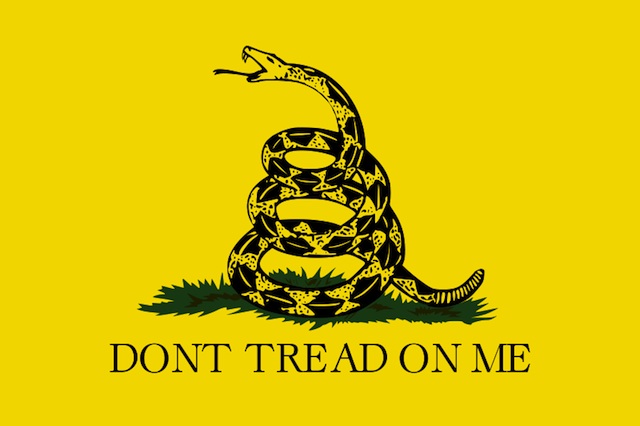A prominent First Amendment scholar has co-authored a white paper arguing that search engines enjoy the same high level of First Amendment protections as traditional media outlets. Google commissioned the paper, presumably to help ward off calls for government regulation of its search results.
As Google has grown in size and influence, it has attracted a growing chorus of critics who accuse it of anti-competitive conduct. Some Google critics have promoted the concept of "search neutrality," though others have labeled the concept "incoherent." The company is also increasingly targeted by those who demand that Google scrub unwanted details from specific searches.
The new Google-commissioned paper, written by well-known UCLA law professor Eugene Volokh and attorney Donald Falk, argues that such regulations would be preempted by the First Amendment. Google's search engine, they write, "uses sophisticated computerized algorithms, but those algorithms themselves inherently incorporate the search engine company engineers' judgments about what material users are likely to find responsive to these queries."
The authors argue that this selection process is no different, constitutionally speaking, from a newspaper editor selecting wire stories to run, a guidebook deciding which attractions to feature, or a parade organizer choosing which floats to include. The courts have ruled that all of these editorial processes are fully protected by the First Amendment.


 Loading comments...
Loading comments...
